
Branded Marketing Design
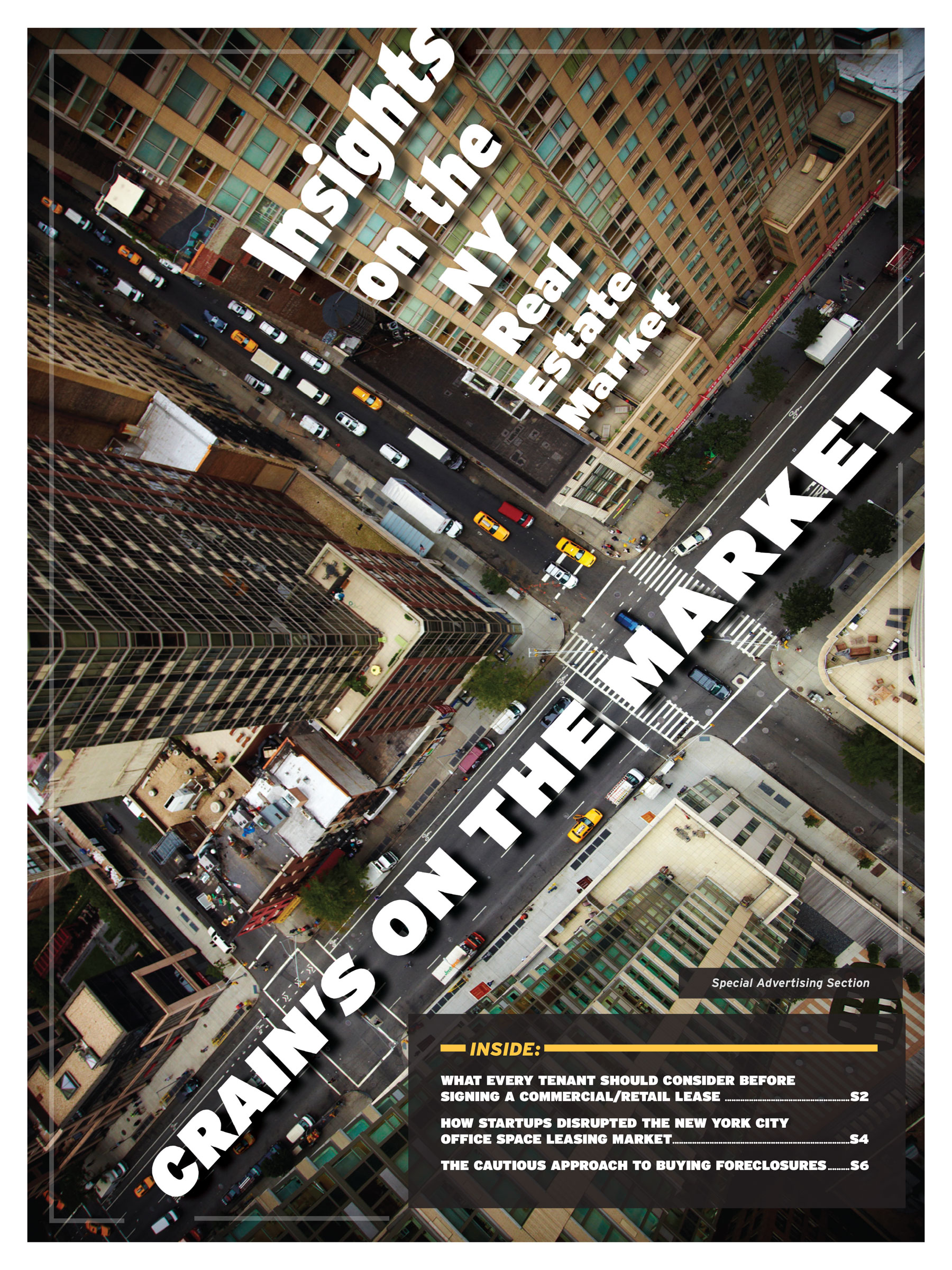




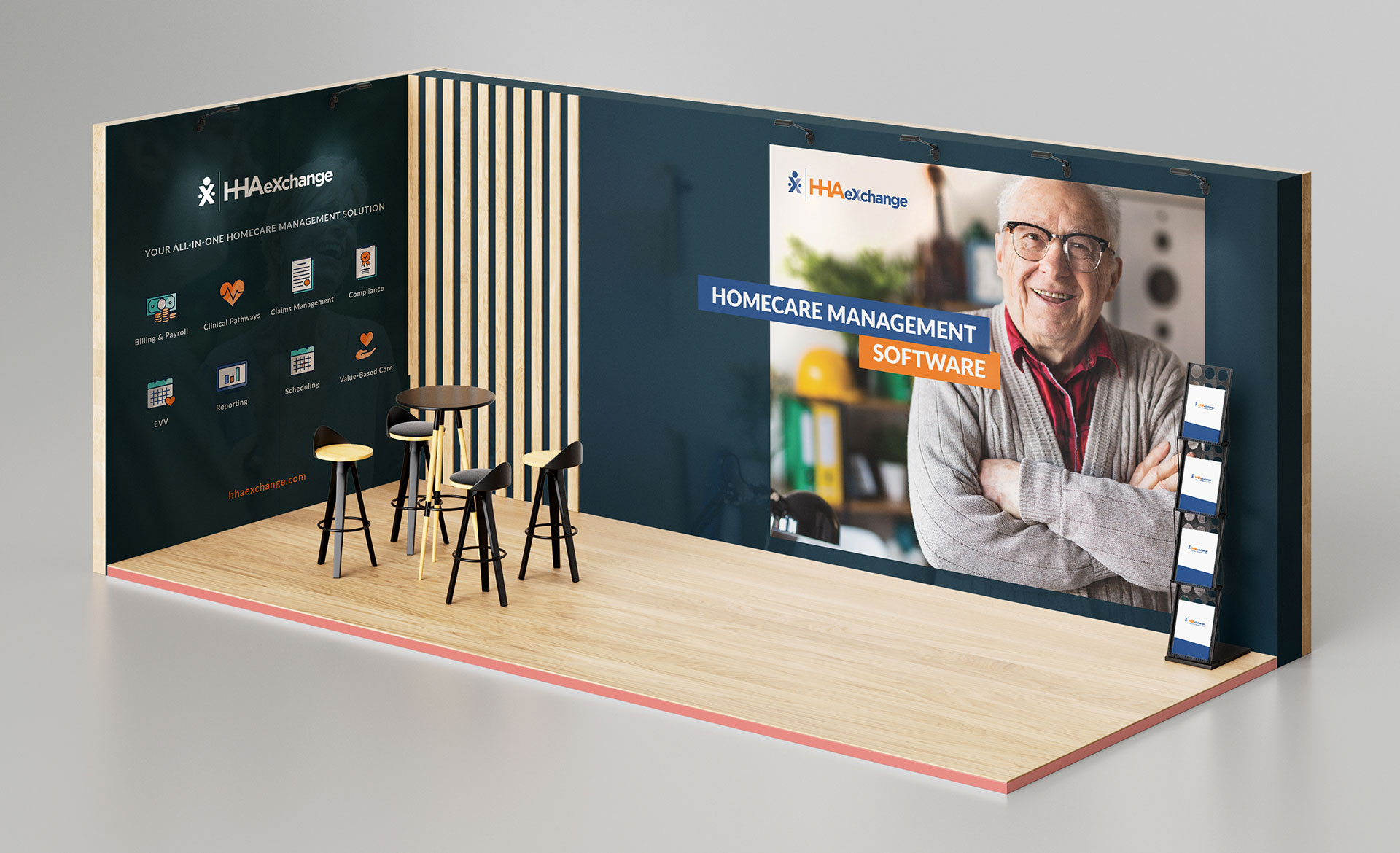
Over the course of my design career, I’ve worked on a wide range of branded marketing initiatives, spanning both Digital and Print. The overarching goals of a number of these were to enhance brand engagement, establish thought leadership, and to generate leads. I’ve worked directly alongside a gamut of marketers to meticulously create suites of Marketing Collateral that include Email Designs, White Papers, and Annual Reports.
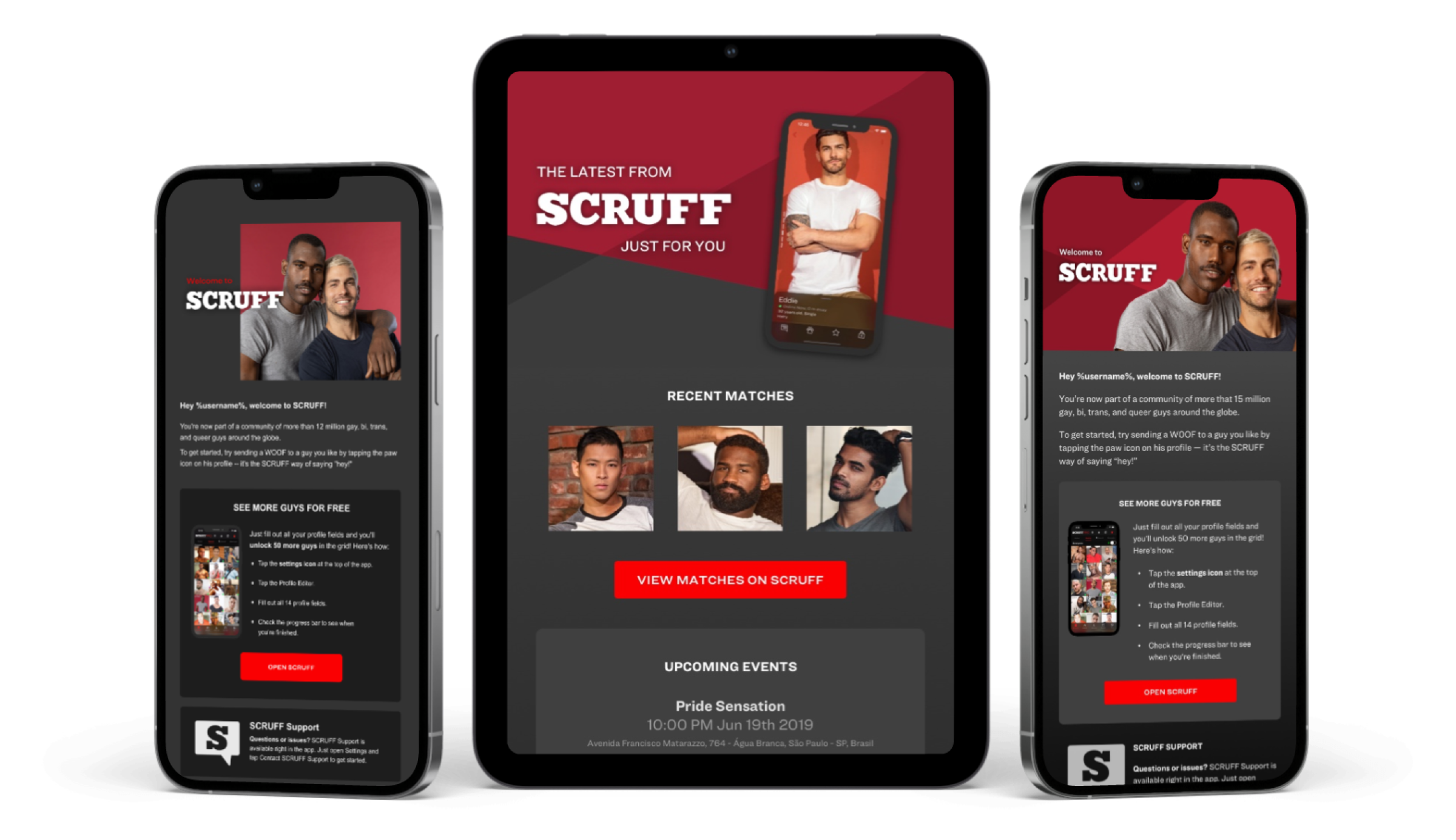
At SCRUFF, I crafted a series of visually appealing responsive email designs that not only aligned with their brand identity but also delivered targeted messages effectively. In the example above, the branded emails targeted new users of the dating app and presented them with a dynamic lineup of profile photos of users in which they may be interested.
Directly compared to the email designs prior to this redesign, we were able to increase both open and click-thru rates, helping to decrease the new user drop-off rate that is so prevalent in the mobile app space. This email campaign was used in conjunction with my series of User Onboarding Alerts to further engage those new to the application.
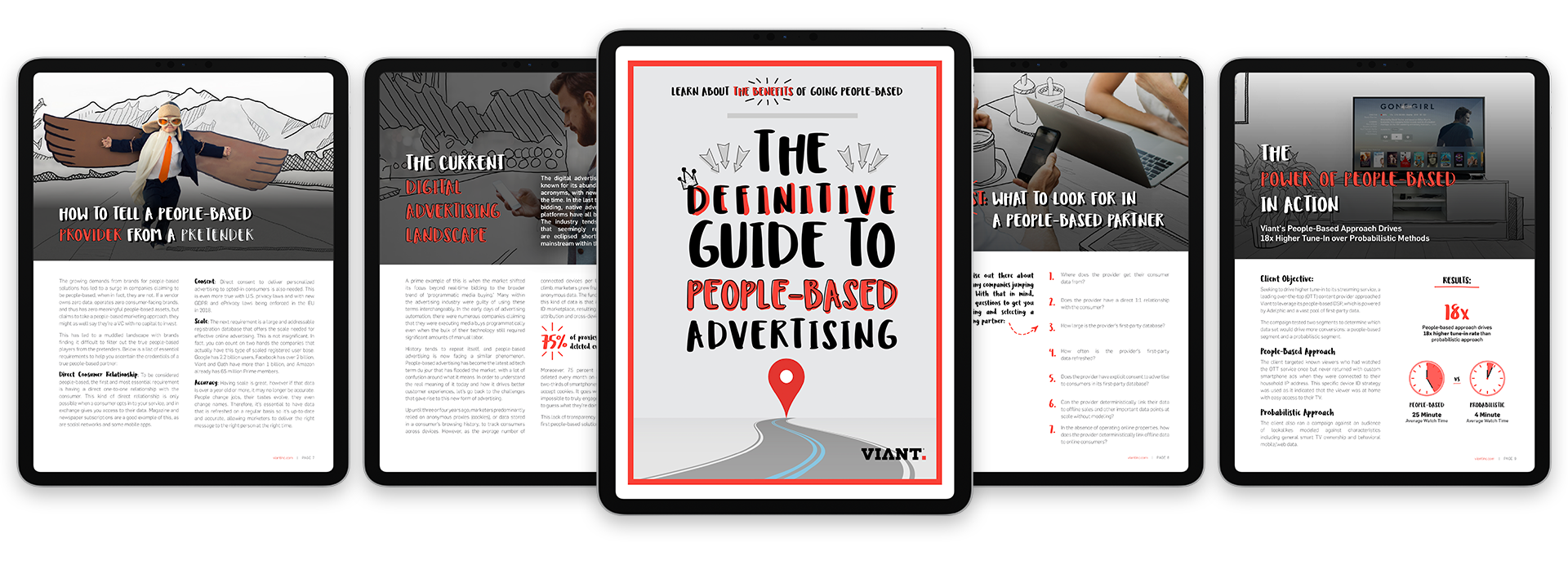
In the thought leadership space, I took metrics that a team of Data Analysts and Product Marketers conducted thorough research and developed a series of branded White Papers to clearly define Viant’s industry-disrupting product, People-Based Advertising. The White Paper was designed in a digestible, approachable format; combining a photography and an illustrative visual style with valuable insights and metrics.
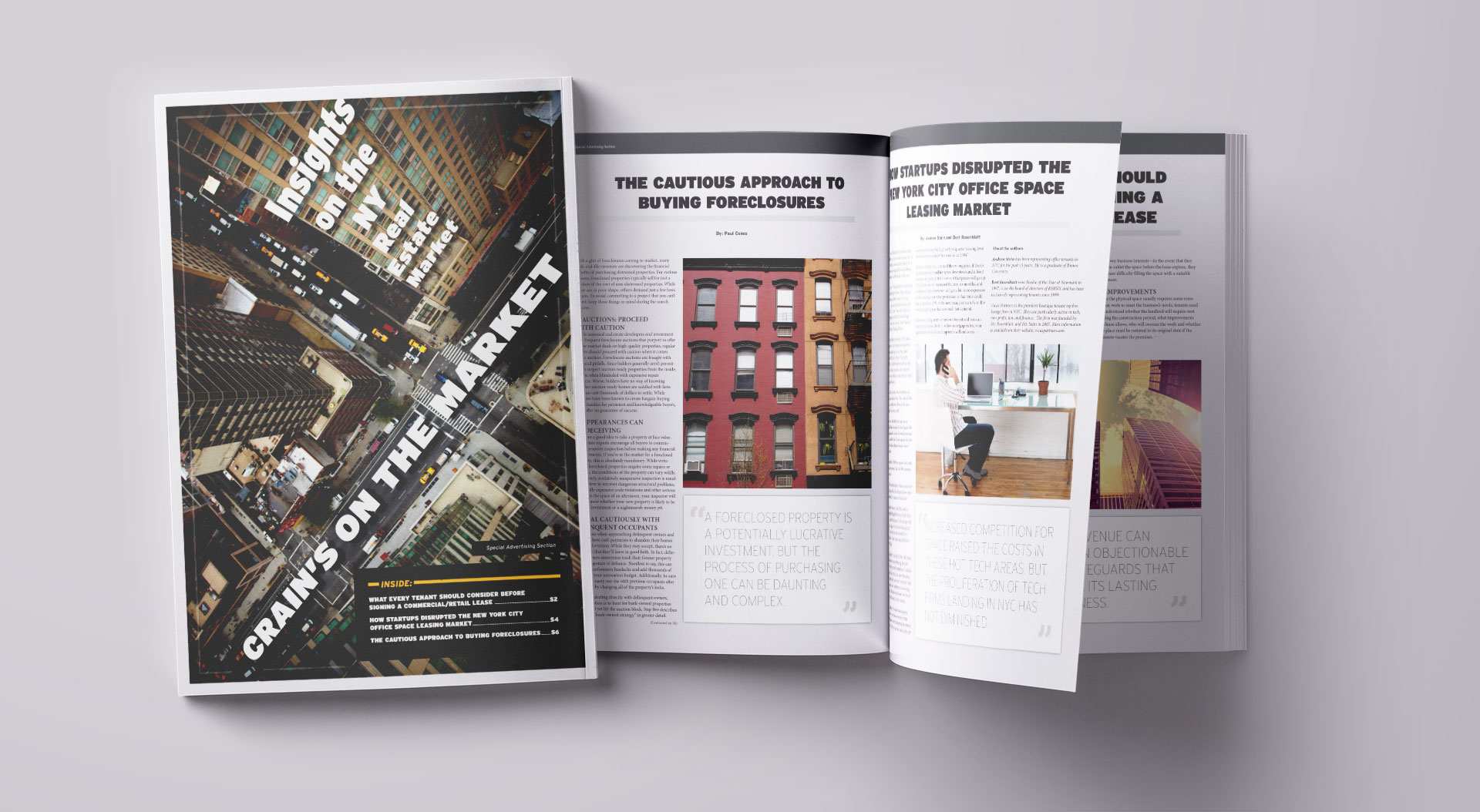
Utilizing strategic callouts to clarify technical terms, we generated an increase in leads via White Paper website downloads. Conversion rates from this particular white paper improved, showcasing how effective and compelling content is when combined with a seamless design.
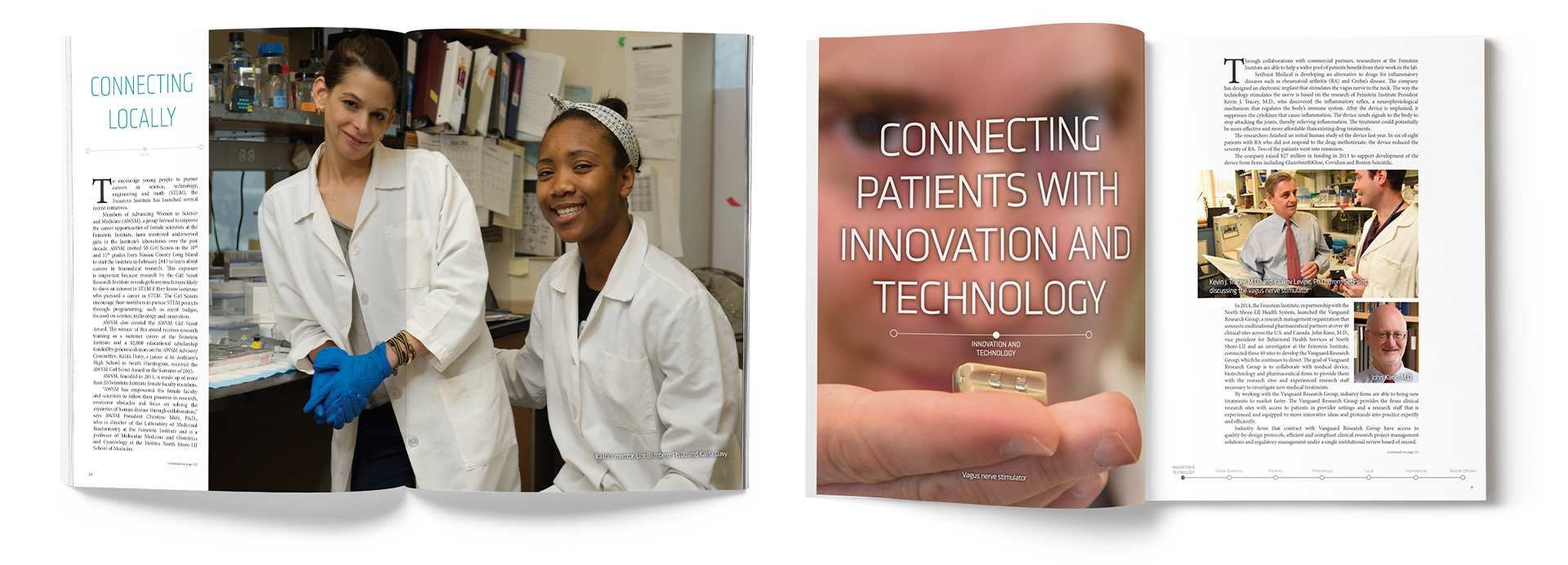
Annual Reports can often be mundane and overly traditional. In the case of the Feinstein Institutes for Medical Research’s report, I adopted an inviting approach, transforming their leading research studies of the year into visually appealing narratives. This design innovation was a marked improvement over previous editions and also positioned Feinstein Institute as a forward-thinking medical research organization. As a result, the reports were very well-received, with stakeholders praising the new approach for its clarity and engaging format.